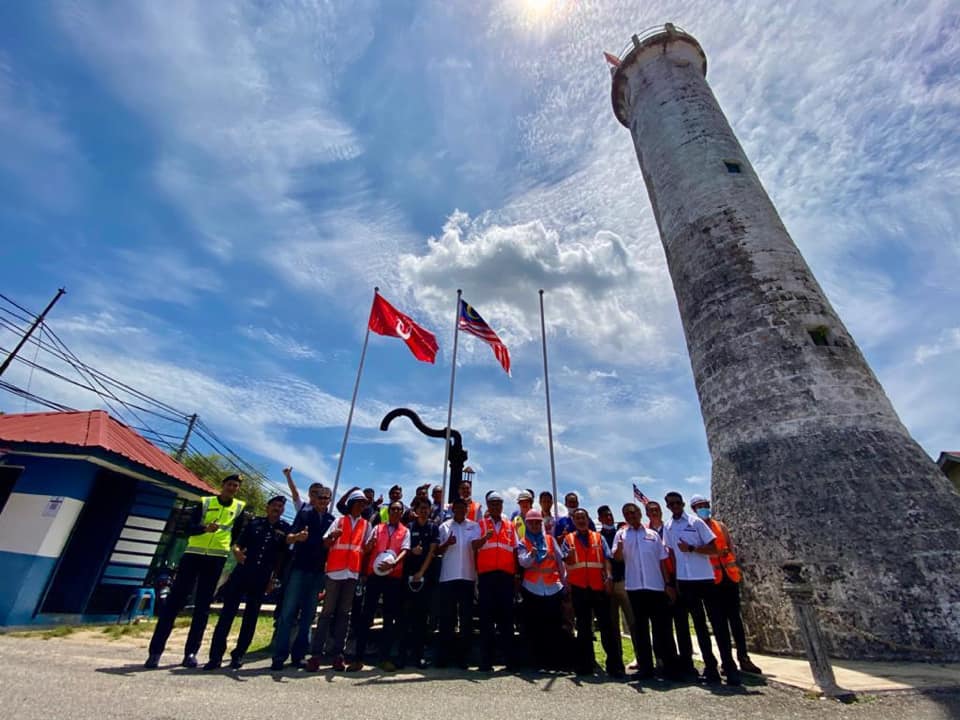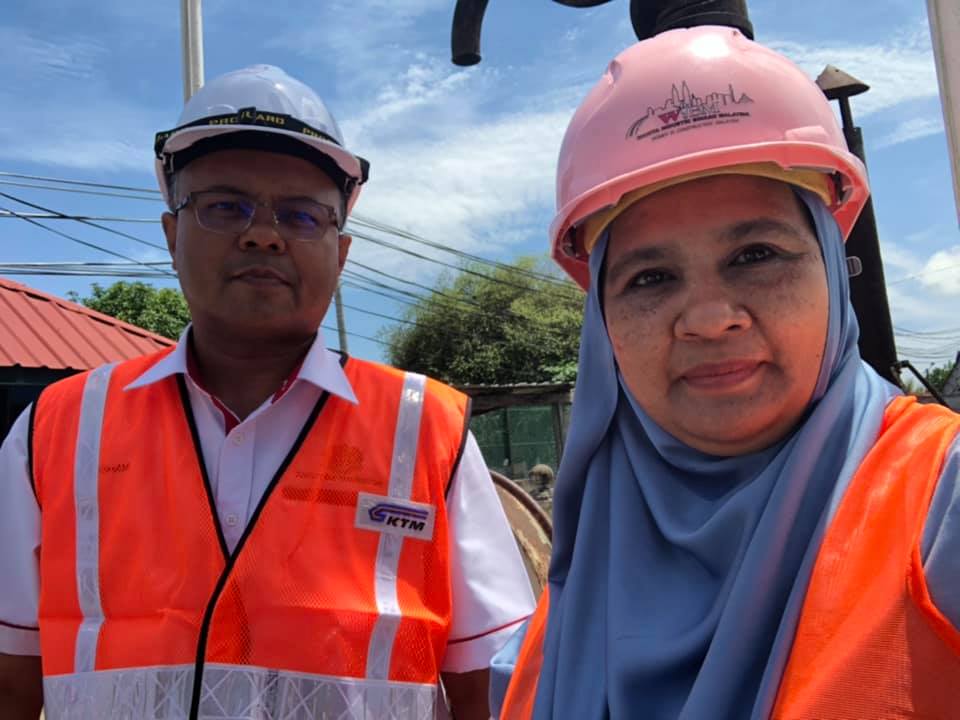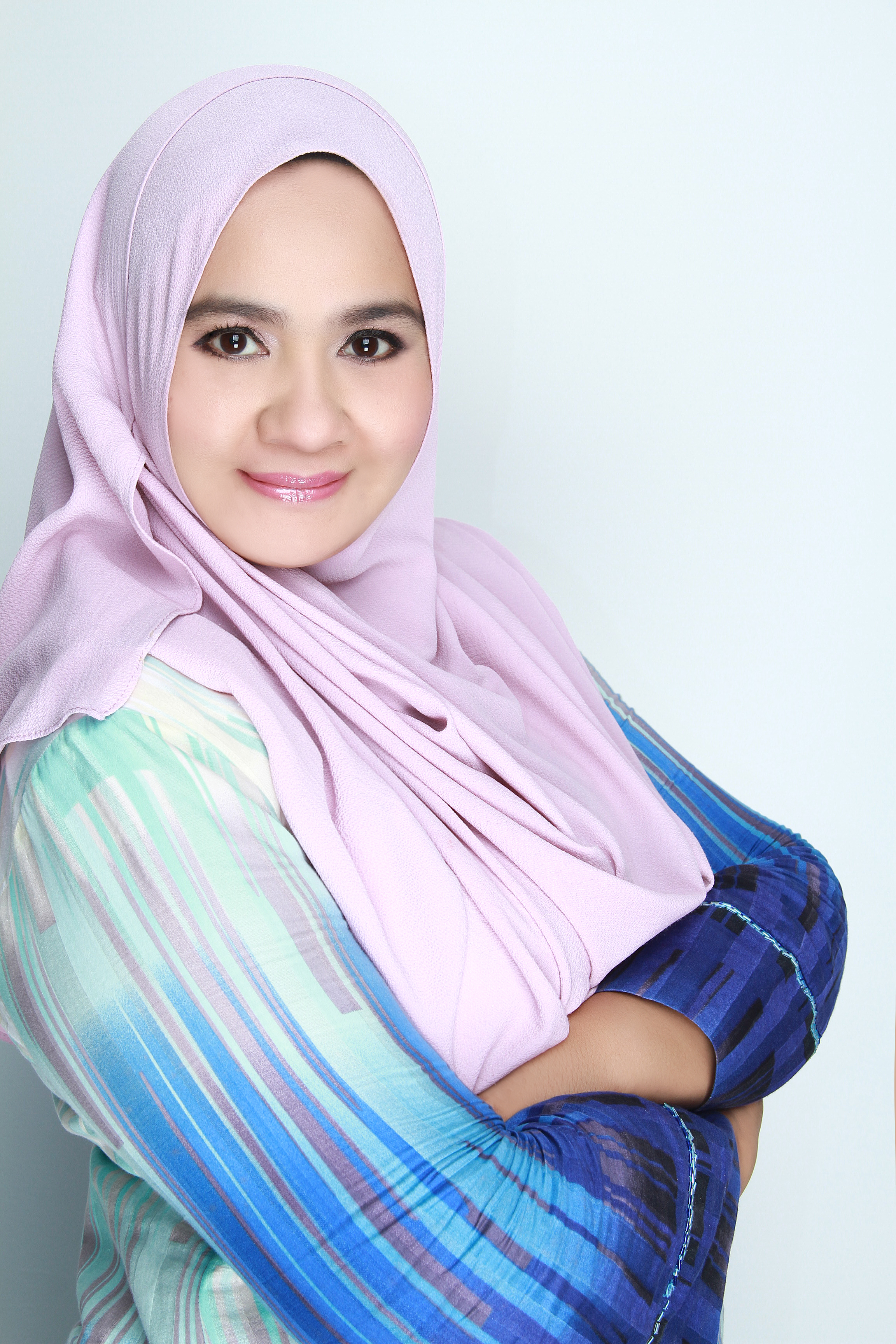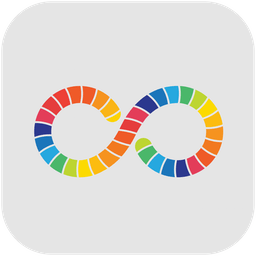
With 21 million Internet users, 44 million mobile subscriptions, and 3 million fixed-broadband users as of 2016, Malaysia — now with a robust population 33-million strong — has largely embraced digitalization. So it comes as no surprise that almost 20% of Malaysia’s GDP can be attributed to the “digital economy”. Moreover, the ongoing COVID-19 outbreak has accelerated the adoption of digitalization for businesses and consumers alike. In fact, a recent study concluded that more than 30% of businesses expanded or upgraded their technology capabilities in response to the pandemic.”
In Malaysia, there are approximately 40,000 WSMEs. The majority (>90%) are in the services sector, while very few are involved in sectors like construction, manufacturing and agriculture.
Pembinaan & Letrik Mals Sdn Bhd is one of a select few WSMEs in the construction sector, generating RM14m in annual revenue. Looking at founder Hajjah Norel Rais, it is difficult to imagine that she started out doing basic administrative work. We spoke to her about her start in the construction business twenty-three years ago, the challenges she faces as a female entrepreneur and mother of six, how she balances work and life, the impact of Covid-19, and the importance of technology in her business.
How did you get involved in the field of construction?
 When I was a secretary in the construction department at Petronas, the national oil and gas company of Malaysia, I had the opportunity to follow my boss to various construction sites. This piqued my interest and led me to pursue business studies at Universiti Islam Antarabangsa Malaysia (UIA).
When I was a secretary in the construction department at Petronas, the national oil and gas company of Malaysia, I had the opportunity to follow my boss to various construction sites. This piqued my interest and led me to pursue business studies at Universiti Islam Antarabangsa Malaysia (UIA).
I actually slowly established the company before officially “creating it”. My husband previously owned a construction company and therefore became the director of my company. My initial role was largely administrative in nature. Over time, I took on additional responsibilities and ended up running the company myself.
Have you faced any gender-related challenges as a female entrepreneur?
Definitely. Construction in Malaysia, like many other countries, is a male-dominated industry. This has resulted in several very challenging situations, as many construction sites are virtually 100% male. At times, I rely on my male project manager to deal with the lack of respect from my staff. In addition, as a female, there is definitely increased pressure to perform, but I have learned to deal with it.
Given these challenges, who do you talk to when you’re facing struggles in your business?
 I get considerable support from the Women in Construction Industry Malaysia (WIBM) association. Whenever I needed help with contractual matters, I talk to a trusted friend who is a Board Member at Ahmad Zaki Sendirian Berhad. When it comes to more hands-on matters, such as piping, piling, etc., I seek advice from my Senior Project Director, who has also been my mentor since I started in the industry in 1997.
I get considerable support from the Women in Construction Industry Malaysia (WIBM) association. Whenever I needed help with contractual matters, I talk to a trusted friend who is a Board Member at Ahmad Zaki Sendirian Berhad. When it comes to more hands-on matters, such as piping, piling, etc., I seek advice from my Senior Project Director, who has also been my mentor since I started in the industry in 1997.
How has technology impacted your company?
We progressively adopt technology as we learn about the trends in our industry. The one critical system we rely on is Microsoft Project. Most recently, we started exploring BIM (building information modelling), a 3D model-based process that gives us the insight and tools to more efficiently construct and manage buildings. My team and I have taken related training courses to explore its benefits for the company. The biggest value we have identified is that the system will help us with stating quantities, so we can focus on improving our pricing.
In terms of administration and accounting, our adoption of digital tools is still in its infancy. We use simple Excel sheets for our cashbook and then hand it over to an outsourced external accountant.
How has your business been affected by Covid-19?
I am currently only working on one construction project. When the site was shut down due to Covid-19, we were unable to bill for any work completed. This was very challenging financially. In fact, the company bore additional expenses related to disinfecting the site and providing the workers with masks and training to adhere with the new government Covid-19 safety rules. These were clearly important for the safety of our workers, but since it was not claimable from the government, it added to our financial stress. We are currently applying for a RM1million loan, meanwhile we will rely on government grants for workers such as the Social Security Organisation (SOSCO).
How have you been able to deal with time constraints juggling your roles at home and your business?
I learned to schedule my time, including what I needed to do for my children. I would often bring them to the office. In fact, I kept a baby cot there when I was breastfeeding my babies. Now, I block out time between 10am and noon to spend with my children. Any appointments have to be arranged after that.
What tips do you have for other female entrepreneurs?
My first tip would be time management. In order to be successful, punctuality is of utmost importance. While a one-minute delay may seem small in the grand scheme of things, it adds up over time and can be costly.
My second tip, would be mental strength and resilience in the face of challenging times. As women we may have to juggle many roles and that can be stressful. In fact, I was diagnosed with stage 1 breast cancer last year, and I believe stress was a contributory factor. Today, I am happy to have fully regained my strength and learnt that striving as a businesswoman and as a mother at the same time may be difficult but not impossible!
This interview is part of a series on women-owned SMEs (WSMEs) in four Southeast Asian countries, focused on how digitalisation presents new opportunities or challenges for women-owned businesses and how it could help them overcome their gender specific challenges.
Woomentum and KAS believe that empowered women in business who are equipped with digitalisation and innovation capabilities are able to build more sustainable and profitable businesses, empower other women and communities, and stimulate greater social and digital economic growth
